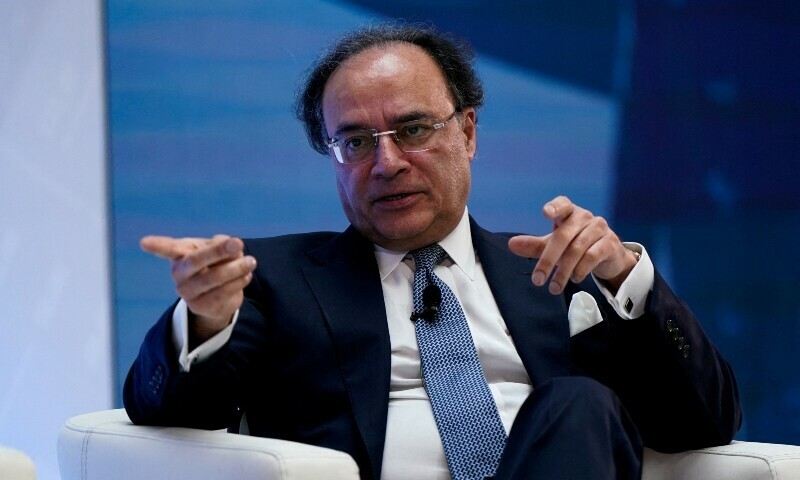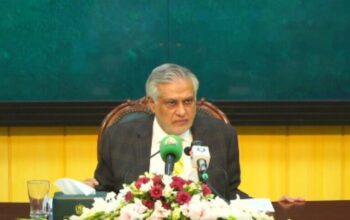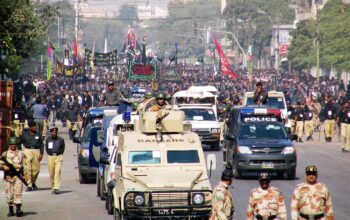By Staff Reporter
KARACHI: Pakistan will receive a $1 billion loan instalment from the International Monetary Fund on Tuesday, Finance Minister Muhammad Aurangzeb said, part of a $7 billion bailout to stabilise the crisis-hit economy.
The funds arrive amid a military standoff with India that Aurangzeb said will have limited fiscal impact.
The IMF’s executive board last week approved the first review of Pakistan’s Extended Fund Facility (EFF), unlocking approximately $1 billion. This brings total disbursements under the program to $2 billion. The fund also authorized a $1.4 billion Resilience and Sustainability Facility (RSF) loan.
The minister confirmed the imminent disbursement during a virtual meeting on Monday with Johana Chua, head of emerging markets economies at Citigroup Global Markets.
“The Minister apprised the participants of the successful conclusion of a Staff Level Agreement with the International Monetary Fund under the Extended Fund Facility, with the next tranche expected to be received tomorrow [Tuesday],” the finance ministry said in a statement.
India Tensions
The loan comes at a critical time for Pakistan, which is finalising its budget for the next fiscal year, starting in July.
Aurangzeb said the budget would be completed within the next three to four weeks, with talks scheduled with the IMF from May 14-23. The government is under pressure to stabilize an economy grappling with a low tax base and a heavy debt burden, making the IMF funds a lifeline.
Aurangzeb downplayed the fiscal fallout of a military escalation with India, sparked by an April 22 attack in occupied Kashmir that killed 26 tourists.
In an interview with Reuters on Monday, he described the conflict as a “short duration escalation” that can be “accommodated within the fiscal space available to the government of Pakistan.”
The clashes mark the worst between the nuclear-armed neighbors in over two decades, yet Aurangzeb insisted no new economic assessment is needed.
Asked about potential hikes in military spending for the upcoming budget, Aurangzeb declined to offer specifics, saying it was too early to discuss plans. “Whatever we need to do in terms of ensuring that our defence requirements are met will be met,” he said.
The finance minister also addressed India’s unilateral suspension of the Indus Water Treaty, a decades-old pact governing shared river resources.
Aurangzeb expressed confidence it would be reinstated, stating there would be “no immediate impact” from the suspension. “We don’t even want to consider any scenario which does not take into account the reinstatement of this treaty,” he added, signaling Pakistan’s reliance on the agreement amid heightened tensions.
On the trade front, Aurangzeb said discussions with the United States, which mediated a ceasefire between India and Pakistan, are expected to advance in “short order.” US President Donald Trump, commenting on the truce, said trade was a “big reason they stopped fighting” and affirmed Washington’s readiness to assist both nations.
Pakistan, facing a 29 percent tariff on its exports to the US due to a roughly $3 billion trade surplus, has seen that levy paused for 90 days since April.
Aurangzeb highlighted potential imports of high-quality cotton and soybeans from the US, alongside exploration of other sectors like hydrocarbons, as avenues to deepen trade ties.
Copyright © 2021 Independent Pakistan | All rights reserved




